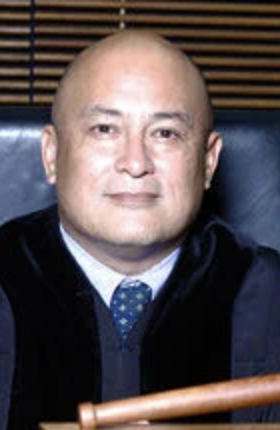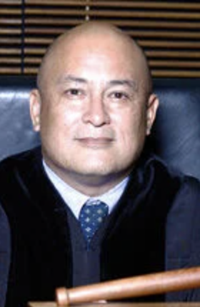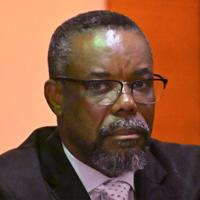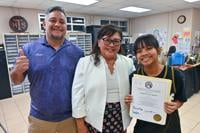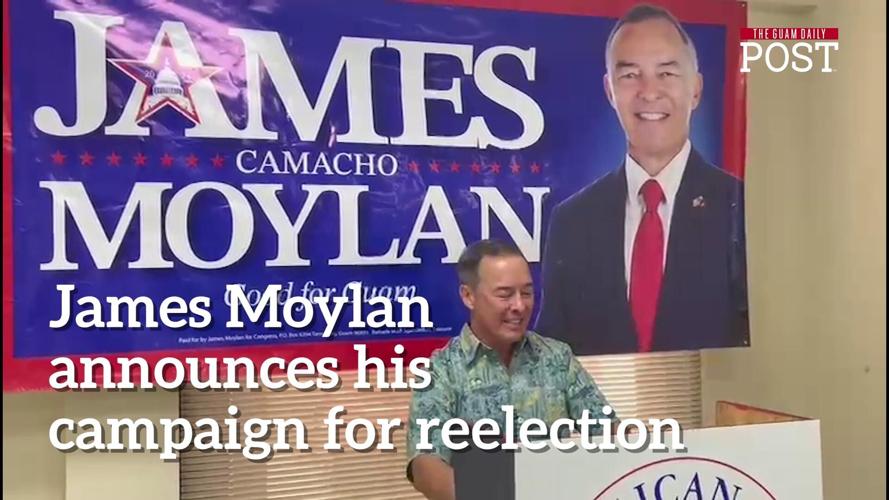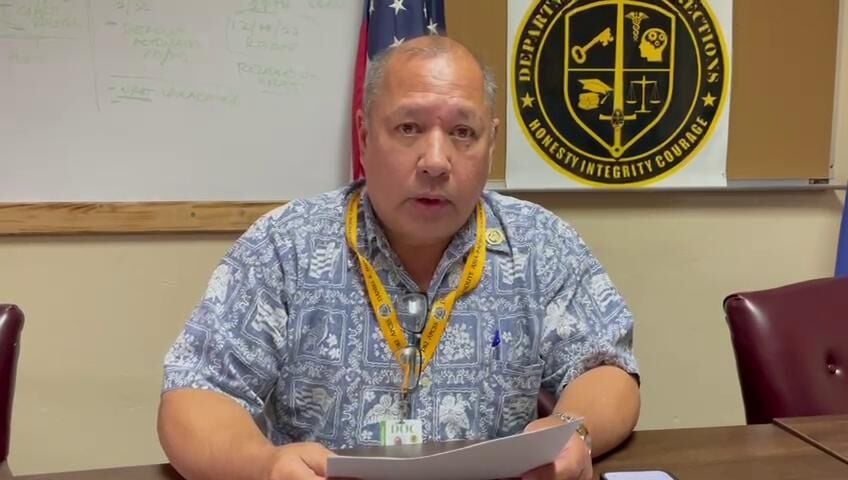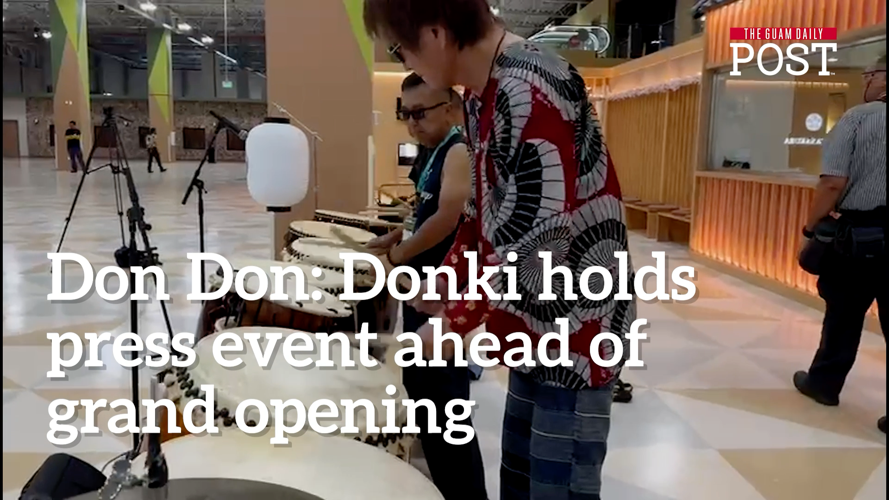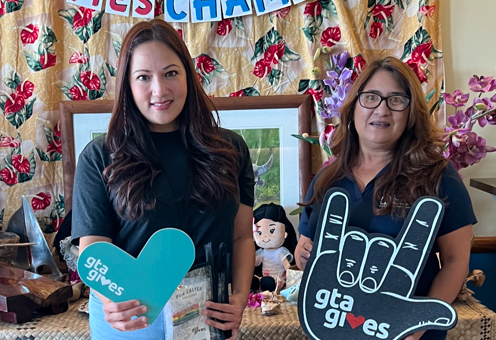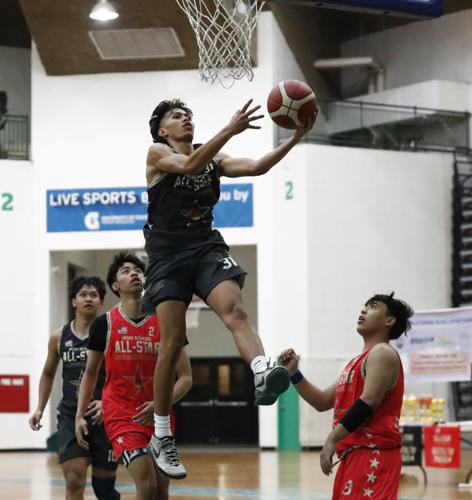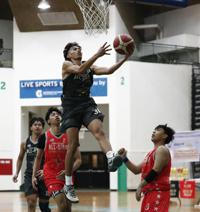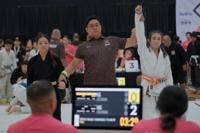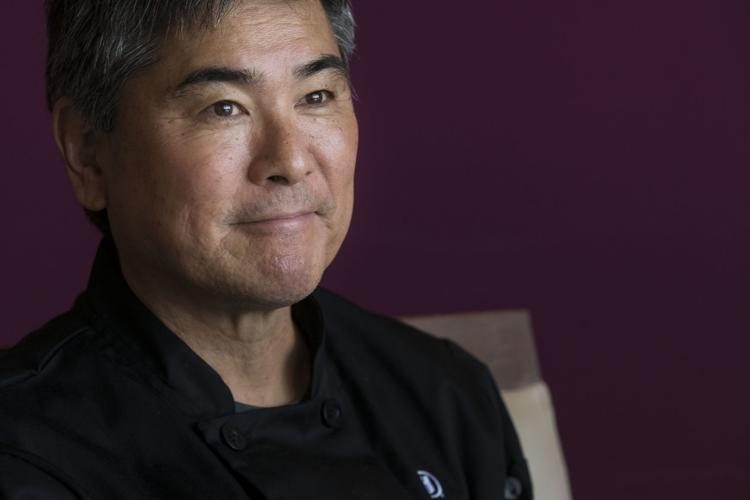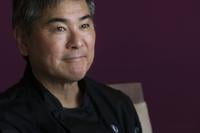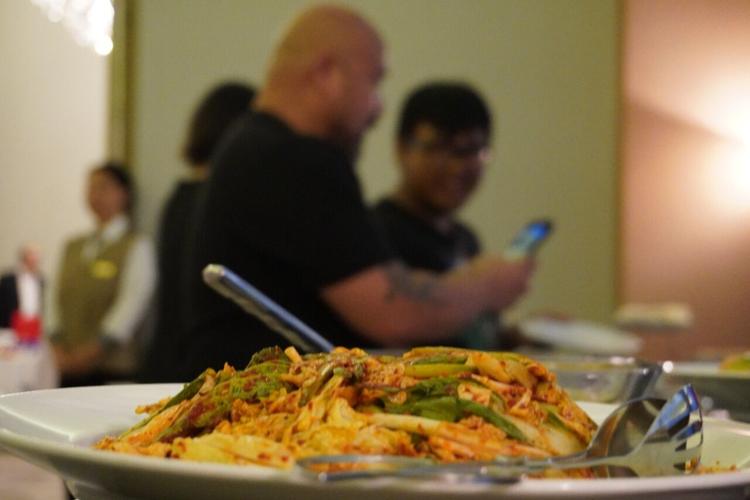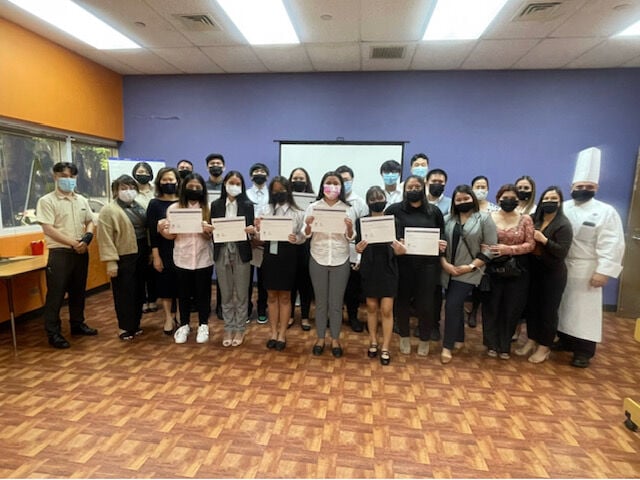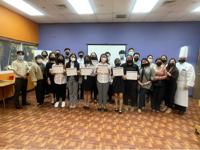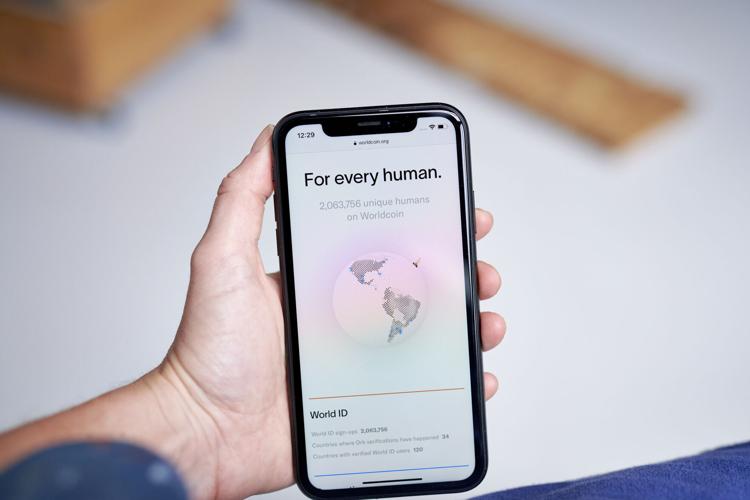Dr. Ugochukwu Akoma is asking a judge to dismiss charges of criminal sexual conduct after a mistrial was declared in the Superior Court of Guam.
Last week, Akoma went to trial on charges related to allegations by a female patient that she was sexually assaulted at his clinic, the Hepzibah Family Medical Clinic, on Oct. 23, 2021.
However, the first week of trial had jurors hearing very little testimony, and instead heard attorneys discussing legal issues relating to evidence for most of the trial days in the courtroom of Judge Alberto Tolentino.
One of the main issues at hand throughout the trial was whether a recording made by the accuser, a 29-year-old woman at the time, could be admitted as evidence in the trial. Akoma is accused of sexually assaulting the woman, who, after leaving Akoma's clinic, came back the same day and recorded Akoma allegedly sexually assaulting her again.
Prosecutor Randall Albright attempted to play the recording during the victim's testimony. However, it was objected to by Akoma's attorney, Joaquin "Jay" Arriola Jr., on the basis that it was not properly introduced and authenticated by Guam Police Department officers who handled the evidence.
After a day of sealed proceedings last week, it was decided the victim's testimony would be paused, and meanwhile the police officers would testify about the handling of the recording.
The proceedings prolonged the trial and resulted in attorneys arguing even more on several occasions over whether the evidence could be admitted, even after Tolentino had issued his decisions and had to instruct the jurors whether they should or should not rely on the evidence introduced.
The result was Tolentino determining a mistrial was necessary because the jury could not be relied on, considering the multiple instructions they received throughout the trial.
Charfauros
Hours after the mistrial was declared, parties returned Monday afternoon to hear Arriola's motion to dismiss Akoma's charges with prejudice, which, if granted, means Akoma could not be charged again based on the same allegations.
Arriola argued a dismissal of the charges was necessary because he was "goaded" by the Office of the Attorney General to file for a mistrial.
Arriola, in his arguments, further cited a decision and order issued in the case involving former GPD Col. Mark Charfauros, whose case was dismissed on similar circumstances to those of Akoma.
According to Post files, Charfauros went to trial on 2016 charges that he allegedly berated police officers responding to a call of illegal fireworks in Hågat on Christmas Eve. Charfauros was then demoted and terminated from GPD.
During Charfauros' trial in November 2018, one of the officers involved testified that he avoided Charfauros because he had reason "to believe that the colonel was affiliated with the Agat Blood Town gang."
Charfauros' attorney, Randall Cunliffe, requested the testimony be struck from the record, sought a mistrial and argued the prosecution was trying to smear his client before the jury by discussing the alleged gang affiliation.
Judge Maria Cenzon eventually declared the mistrial, but Cunliffe filed a motion to dismiss for double jeopardy because Charfauros would not receive a fair trial if he received a second one.
'Intentionally goaded'
In Akoma's proceedings, Arriola read from Cenzon's order, which granted the dismissal of Charfauros' charges.
Arriola argued in Akoma's case, a second trial would allow the prosecution to "replan the case," in particular by having the lead investigator, GPD officer Mary Jane Raval, testify earlier in the trial.
During the trial, it was believed Raval was not available to testify at the early stages. Arriola, however, stated she had been available, but the prosecution did not call her to testify until about five days into the trial. Raval was expected to testify about how police officers handled the recording made by the victim.
"The fact of the matter is, they waited until five days after the trial's already started to even talk with her, Your Honor, and now they want a second bite at the apple. ... That is the prejudice of the defendant. That is the indication of the goading," Arriola said, before saying Cenzon's order could not be "controlling" of Tolentino's decision in Akoma's case, but rather "persuasive authority."
Arriola then continued to compare Akoma's and Charfauros' cases, particularly because 404(b) evidence, or "other crimes, wrongs or acts," according to Guam law, was attempted to be introduced in both cases by the prosecutors.
"In that case, there were 404(b) motions, chamber conferences about whether you can say ... Mark Charfauros is a member of the ... Agat Blood Town gang. ... Then the prosecutor asked the witness about gang affiliations," Arriola said.
"Similarly with this case, we have evidence of the recording, WhatsApp (chats), the chain of custody issues that we are arguing over ... (was) admitted, stricken, readmitted, reconsidered ... (and) intentionally goaded, intentionally induced the defendant to file a motion for mistrial," added Arriola, who throughout trial has stated Akoma's charges do not stem from the victim's second visit, which she recorded.
In response, Albright attempted to correct the record by stating that the AG's office had been in contact with Raval about the trial.
"I know from my investigator (that) ... the process server contacted her (Raval) ... and that's how she got to court. So, to make those representations and to remain silent would be an injustice. And we can have my investigator testify about the efforts that were made, as the court needs it," said Albright, adding the OAG had been in communication with Raval.
After the arguments, Tolentino decided to take the matter under advisement.

